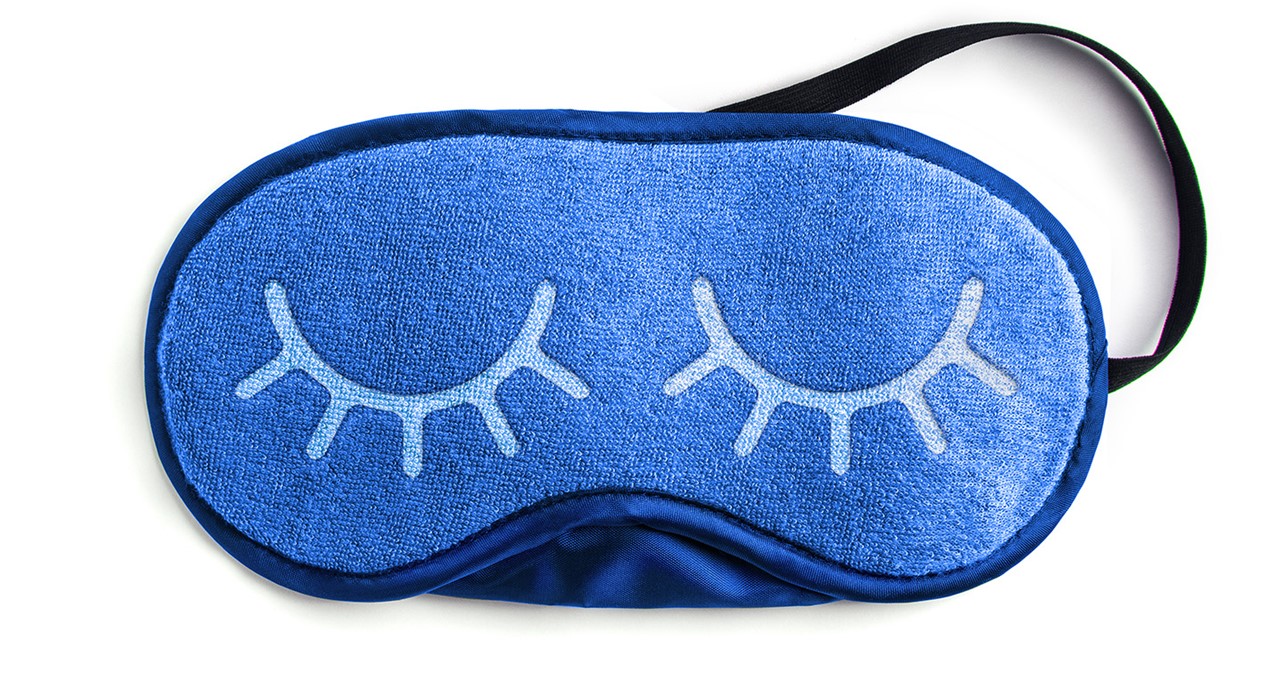Advice hub. Better sleep

A good night’s sleep is something that many people take for granted.
Thanks to long shifts, stress and antisocial hours, a career in hospitality can sometimes play havoc with our sleep patterns. This can have a knock-on effect on our performance at work, relationships, or behaviour at home.
No-one is really sure why we need sleep but we do know that a lack of it can lead to higher blood pressure and to the body producing higher levels of the stress hormone cortisol. This in turn can suppress our immune system. Our brain development and function is also affected by a loss of sleep and there is a link between sleep problems and poor mental health.
There’s no single answer to what a normal amount of sleep is. The common misconception is that we all need seven to eight hours of sleep a night. In reality, some people can function on as little as four hours, while others need as much as ten. To find a figure that works for you, try keeping a record of your sleep for a couple of weeks. Note how many hours of sleep you had and how you felt the next day.
The amount of sleep we need can change naturally with age. There can also be medical reasons for interrupted sleep, like arthritis.
But how we are feeling can also affect it, whether it is as a result of stress, depression, or suffering from a bereavement.
And practical reasons like shift work or having a baby or young child can cause bad sleep.
Three factors can affect your sleep, so it’s worth considering each of them to see if changes can help you to sleep better:
- Environment – How long is it since you changed your mattress? Is your room dark enough? Is it too hot or too cold? Is someone else in the room keeping you awake? Is there anything you can do to reduce disturbance and external noise?
- Attitude – Try not to worry too much about sleep – this can affect you negatively. If problems are keeping you awake, get out of bed and write down possible solutions to them. The change of scenery may also help – nothing is worse than tossing and turning in bed trying in vain to get to sleep.
- Lifestyle – Regular exercise and eating healthily can play a big part in how we sleep. Avoid caffeine at least four hours before going to bed. Smoking is also a stimulant. Alcohol may help us to fall asleep but disturbs our deep sleep. Getting into a regular routine can also help your body to regulate your sleeping patterns.
- Have a bath – It can help lower your body temperature, which may facilitate deeper sleep. The hot water actually helps change your body's core temperature so that you go to bed with a lower temperature. A drop in temperature helps signal to the body that it's time for bed.
- Breathing exercises – Try breathing in through the nose and out through your mouth. Make your breaths deep and long, focussing your thoughts on the breath.
- Visualise sleep – Try to imagine yourself in a deep and relaxing sleep and focus on this image when you are in bed.
- Reduce muscle tension – Tense and relax the muscles in your body a few times when you are lying in bed, starting at your feet and working up.
- Try different foods – Certain foods such as bananas and lettuce are claimed to have natural qualities that help induce sleep. Carbohydrate can also act as a relaxant, but protein works as a stimulant so try to avoid eating it late at night.
- Herbal remedies – Speak to your pharmacist about herbal remedies such as valerian or skull cap.
- Relaxing music – Listen to some relaxing music or ASMR sounds before going to sleep. There are plenty of apps available to help with this.
Hospitality Action Helpline.
0808 802 0282 (24/7)
EAP Assistance Line.
UK: 0808 802 2111 (24/7)
Irl: 1800 911 121 (24/7)
Support Platform.





